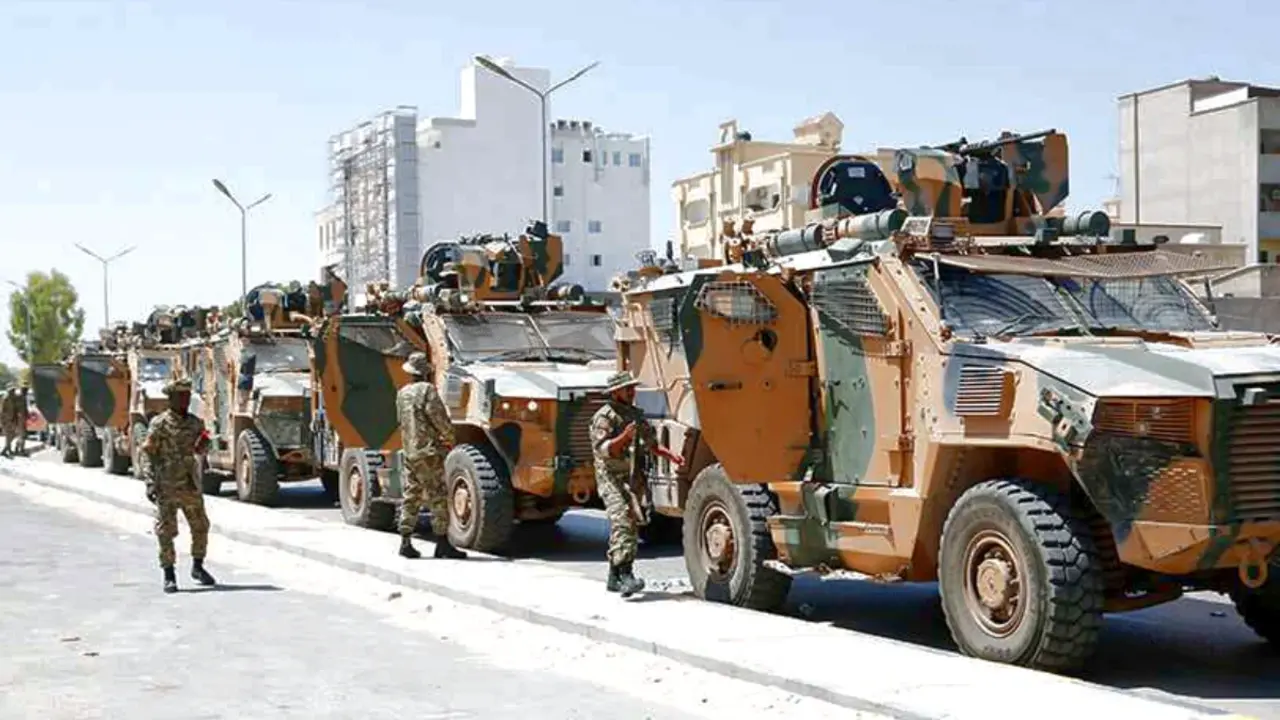Yemen asks the UN for help to prevent an environmental disaster in the Red Sea

The Yemeni government has urged the UN Security Council to intervene to prevent the oil tanker FSO Safer -- a ship that has been moored 7 kilometers off the coast of the country since 1988 and abandoned in the Red Sea -- from spilling more than a million barrels of crude oil. The ship fell into the hands of Hutu militias in March 2015, when they took control of the coast around the port area of Hodeidah.
Yemeni Foreign Minister Mohamed al Hadhrami has warned that a leak on this ship could lead to "one of the biggest environmental disasters in the region and the world". The director of the government oil company in Hodeidah, has followed this same line alleging that an oil spill from the Safer "would be more destructive to the environment than the damage caused by the Exxon Valdez oil tanker in Alaska in 1989", according to information gathered by the digital Arab News. "An imminent environmental disaster awaits the Red Sea countries if the Safer oil tanker is destroyed," he said.
The UK ambassador to the Gulf country has also warned of a possible catastrophe, according to the Arab News. "The threat to the environment in the Red Sea is enormous, and will affect all the countries that share this coast. We urgently need to allow UN experts to board the ship, assess its condition and take the necessary measures to secure the ship and prevent the oil from leaking out," he said.

Meanwhile, a network of Yemeni activists and politicians have decided to launch an information campaign to draw the attention of the international community and prevent this disaster from occurring. Mohammed al Omada, head of the Yemeni network for Rights and Freedoms, has warned that the Hutus are using the ship "to blackmail the legitimate government into offering concessions at the peace talks mediated by the UN envoy to Yemen. "We call on the international community to take swift and urgent action to prevent this grave environmental catastrophe from occurring," he said in a statement to the newspaper.
According to the NGO Conflict and Environment Observatory, the tanker - a single-hull ship built in Japan in 1976 and sold to the Safer Exploration & Production Operations Company (SEPOC), which put it into operation in 1988 - has a tanker that allows ships to dock at sea and "transfer the oil extracted and processed from SEPOC's operations in the Marib oil field in central Yemen.
The ship, which is 360 meters long and 70 meters wide and can store about three million barrels of crude oil, is connected to the Marib-Ras Isa pipeline - one of the Gulf country's main crude oil export routes - capable of carrying, under normal operating conditions, up to 200,000 barrels per day.
Yemen is experiencing one of the world's most serious humanitarian crises. The conflict plaguing the country, which confronts the government led by Abdo Rabbu Mansur Hadi, supported by Saudi Arabia, and the Hutu rebels, who have the backing of Iran, has brought this region to the brink. The United Nations has tried to send technicians to verify the state of the ship and get the oil out, but the Hutus have prevented access.
Meanwhile, more and more critical voices are warning of the danger of this ship. In his letter to the UN, Al Hadrami recalled the accident that took place on 27 May in which a water leak was found in the engine room, which could lead to the sinking or even a serious explosion in the boat. In response, the Hutus blamed the United States and Saudi Arabia and their alliance "for not allowing the sale of the stored oil", claiming that they were not responsible for "any leakage on the ship" and that they share the concern about the state of this vessel.
Yemen is a fragile and fragmented country whose economy has collapsed for more than five years. Before the fighting broke out, the country was up to 90 per cent dependent on imports. However, the parties to the conflict have destroyed hundreds of civilian infrastructures and have left more than 20 million Yemenis in a state of food insecurity and malnutrition.

This announcement comes after the Saudi Arabian-led coalition reported the interception of four drones launched by Hutus into Saudi territory, three of them before leaving Yemeni space. "The coalition forces will take and implement all necessary measures to protect civilian targets in accordance with international humanitarian law," said the Saudi Ministry of Defense spokesman, according to EFE news agency.
After more than five years of war, the parties involved in the Yemeni conflict face a tough choice: either accept a ceasefire and deal with the instability caused by the coronavirus pandemic or continue with the violence that characterizes this conflict; a war that has killed more than 112,000 people and forced another 24 million to depend on humanitarian assistance to survive. The vulnerabilities that existed before the war have caused serious damage to the country's health infrastructure. Only half of the health centres are now fully operational, despite severe shortages of equipment, supplies and staff.








